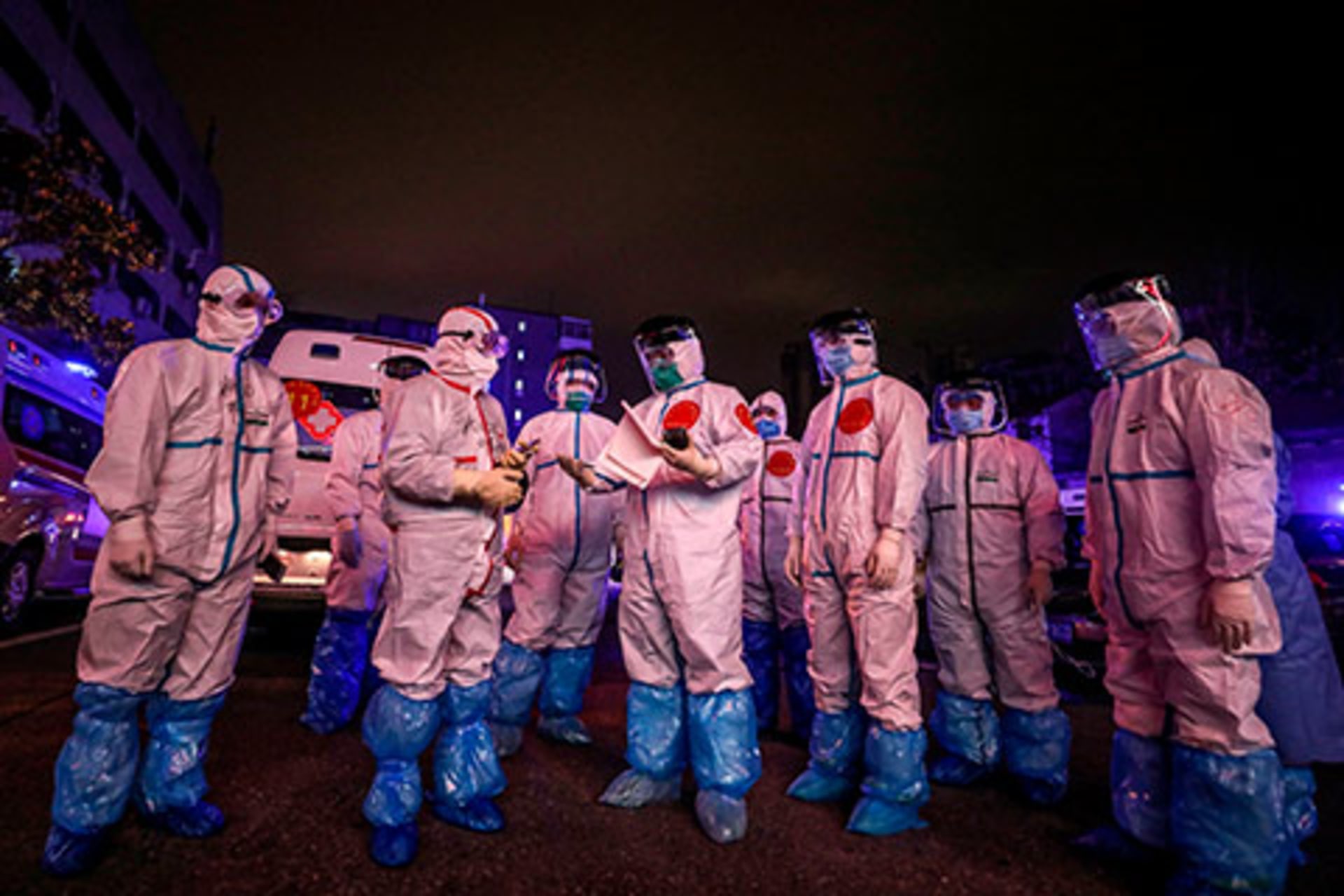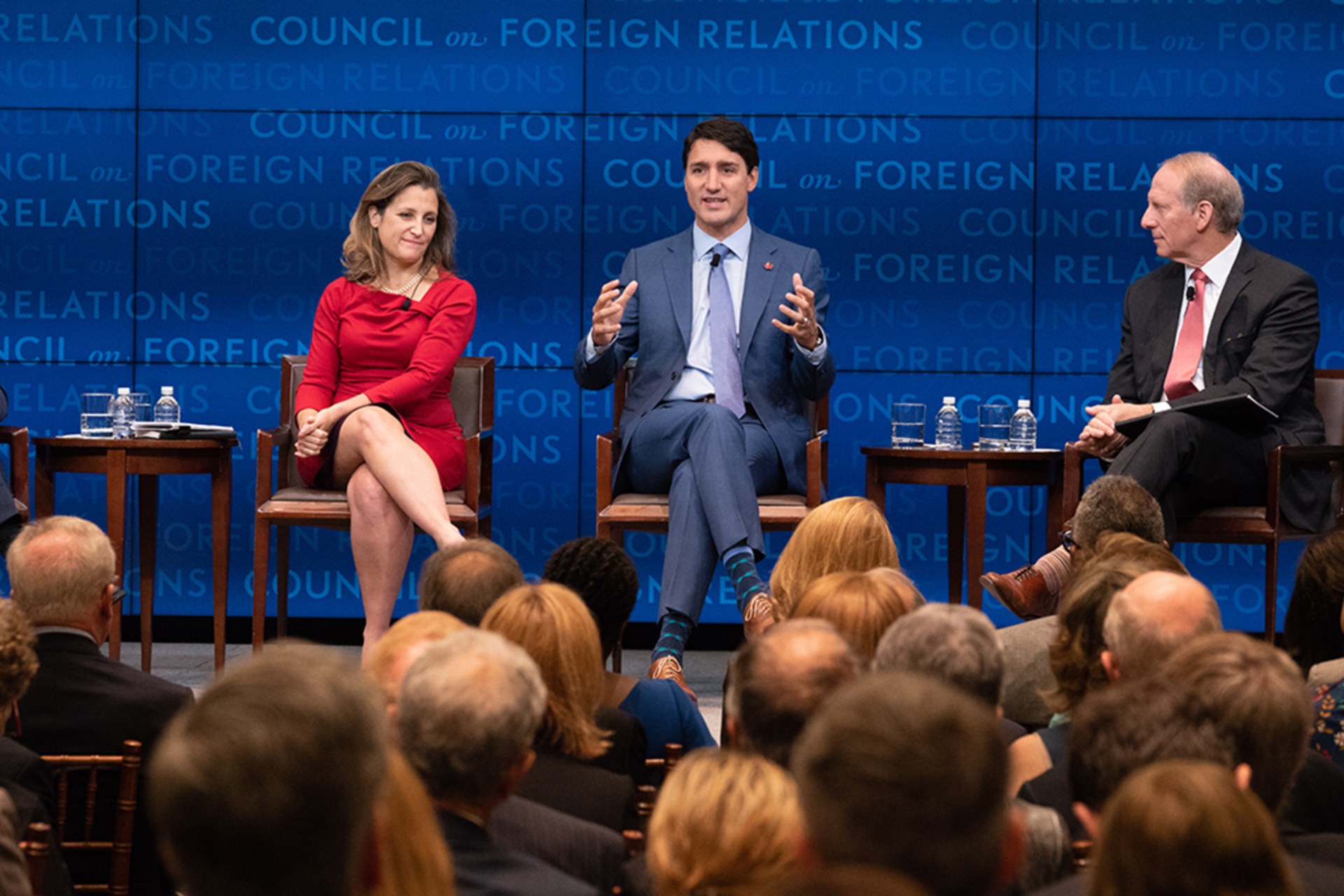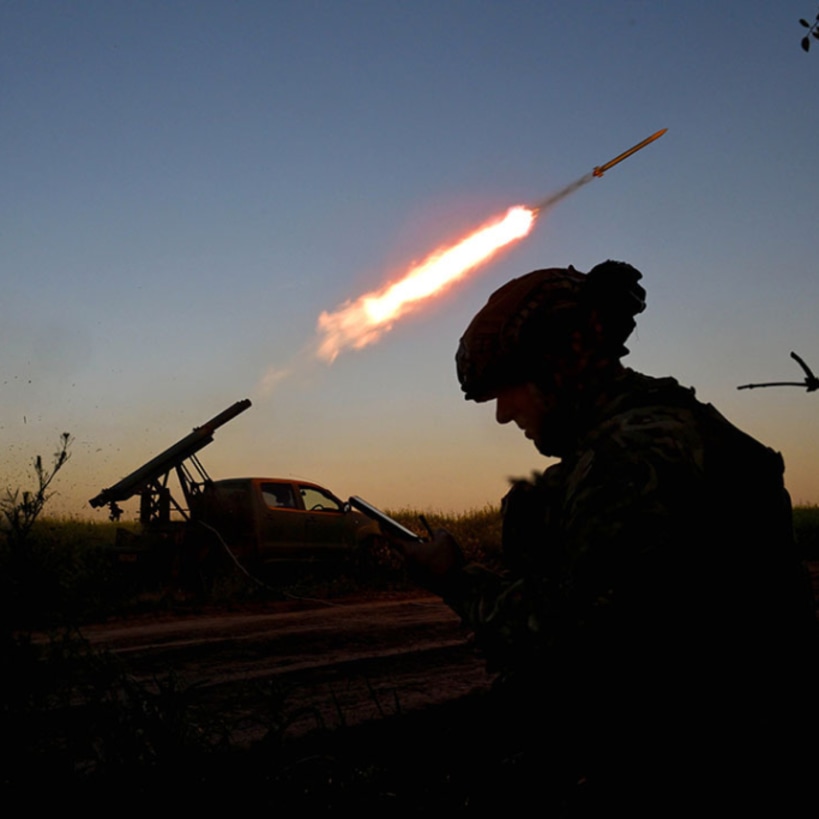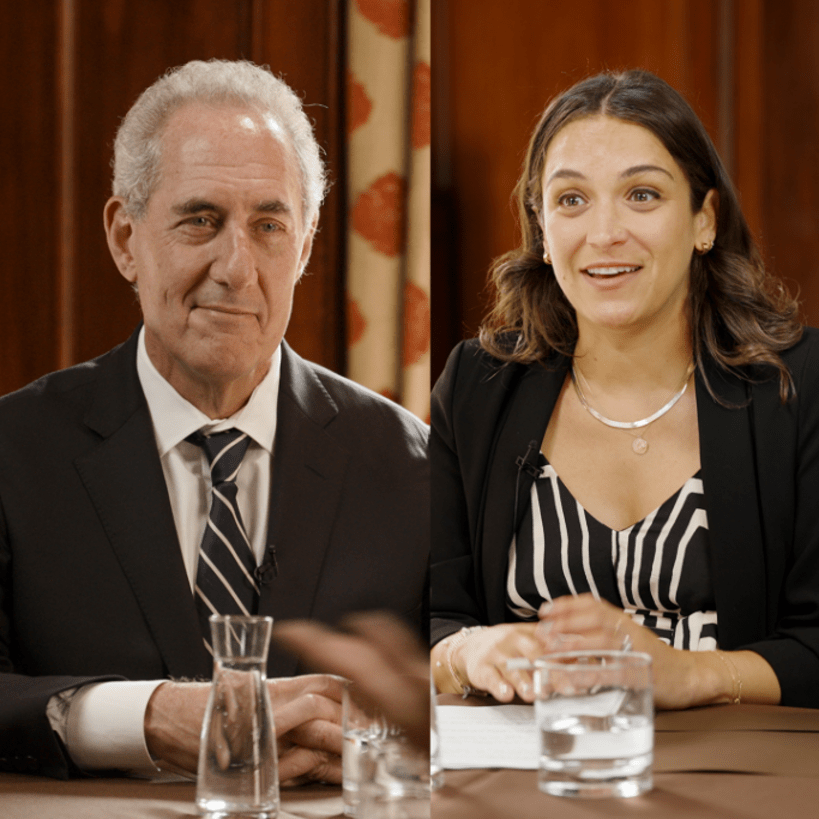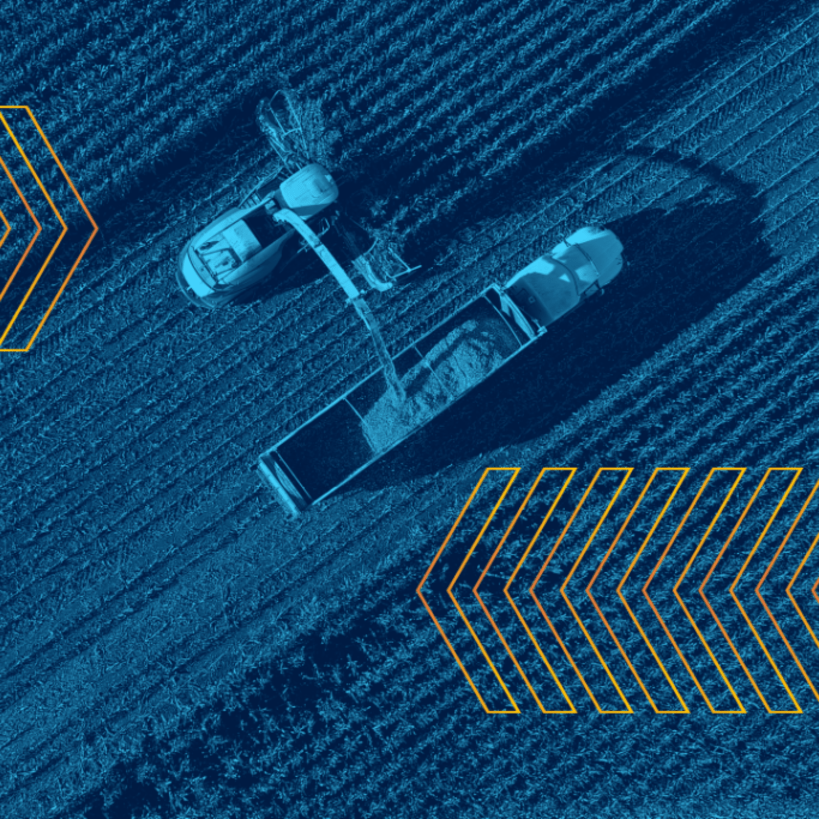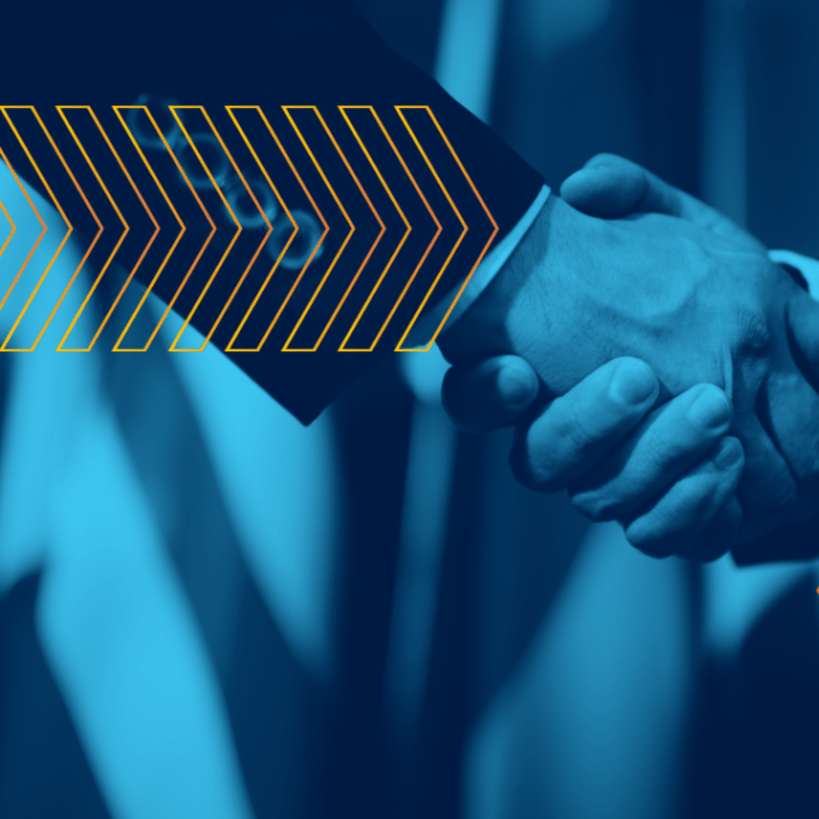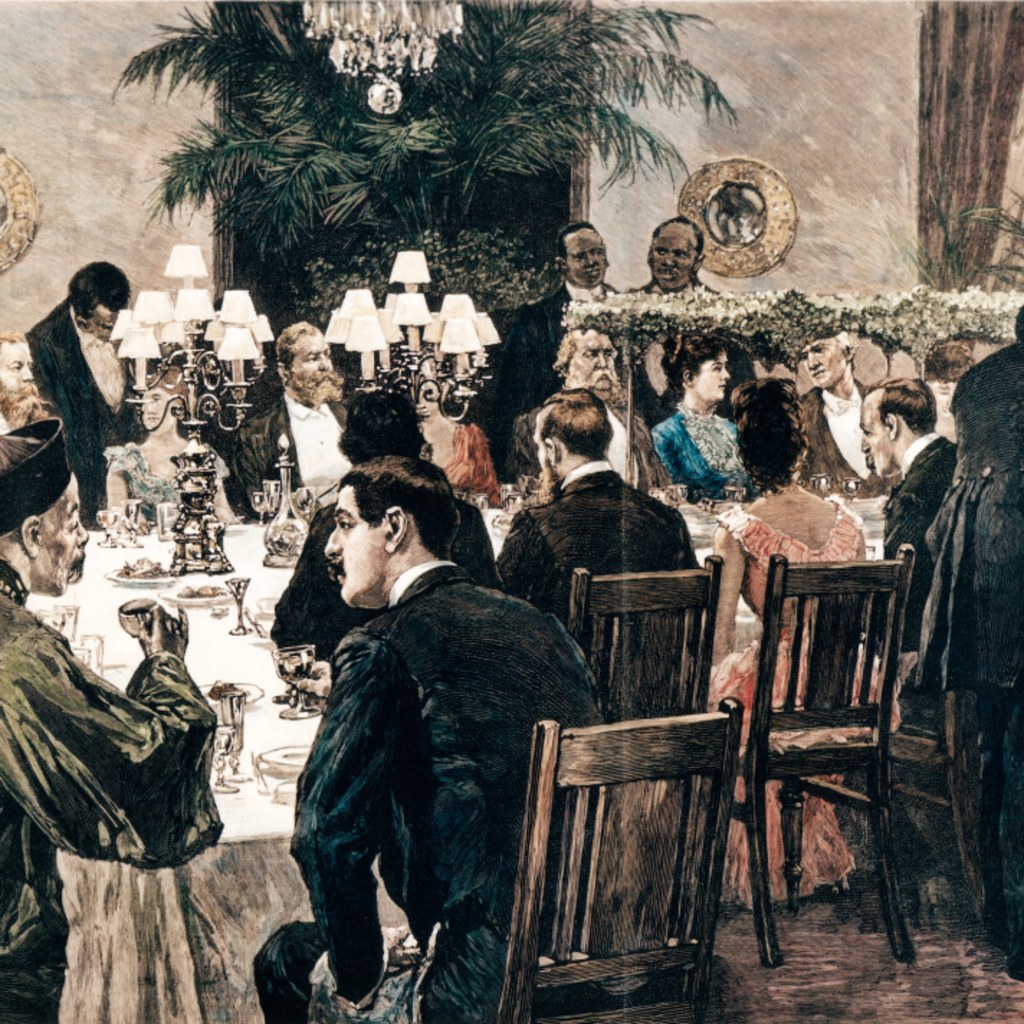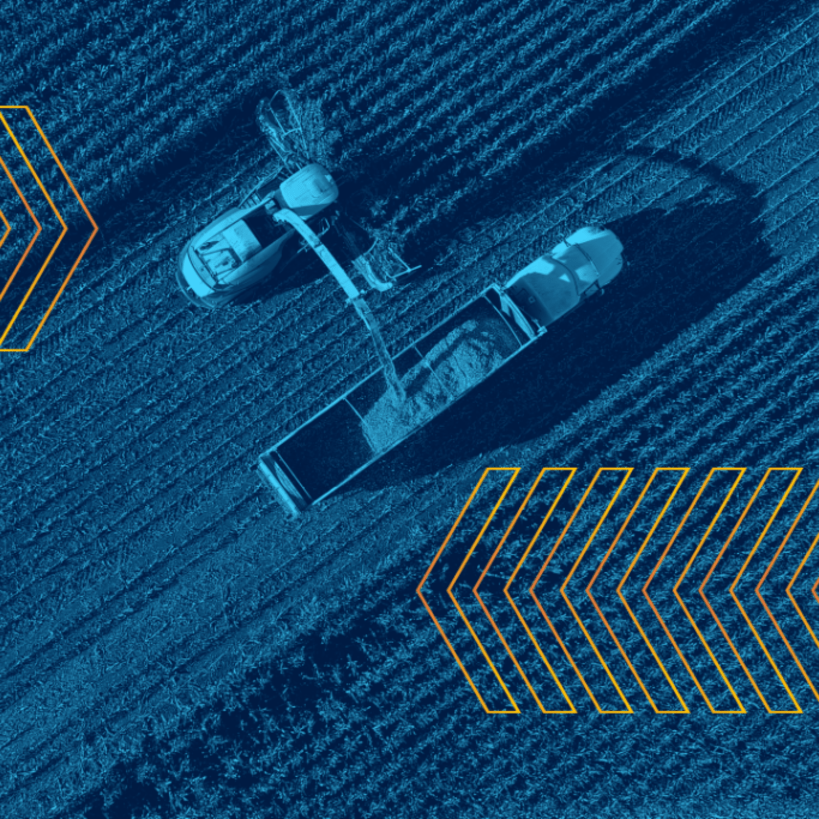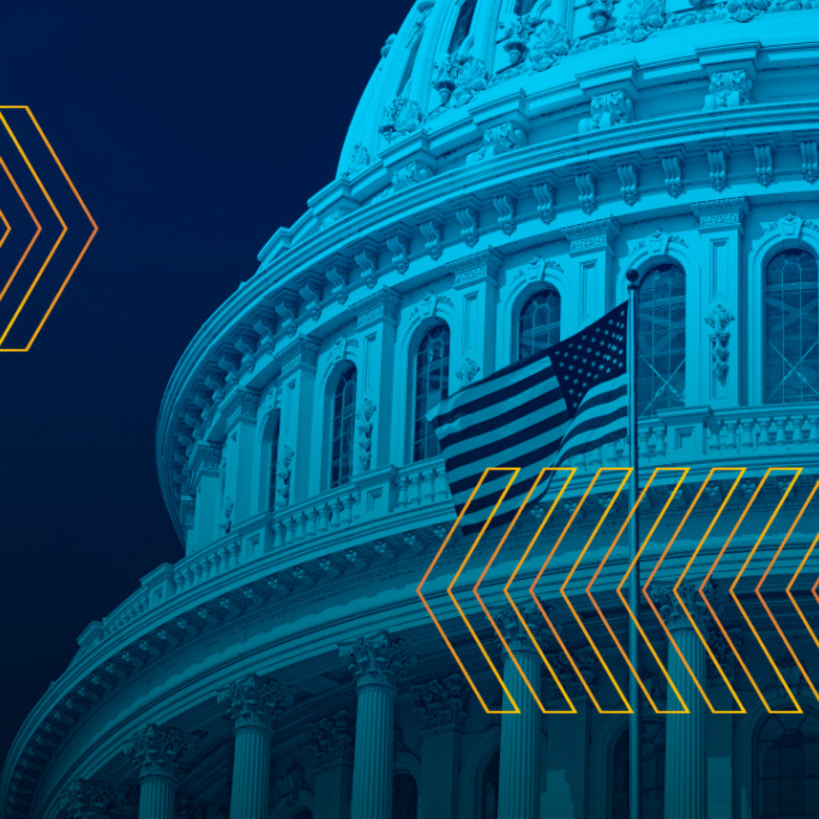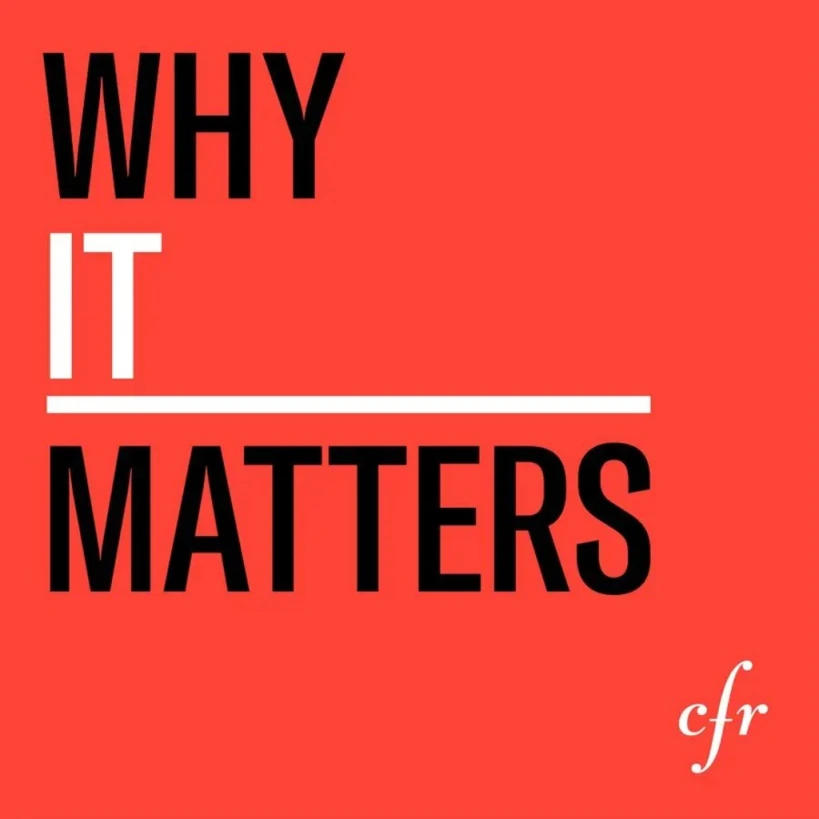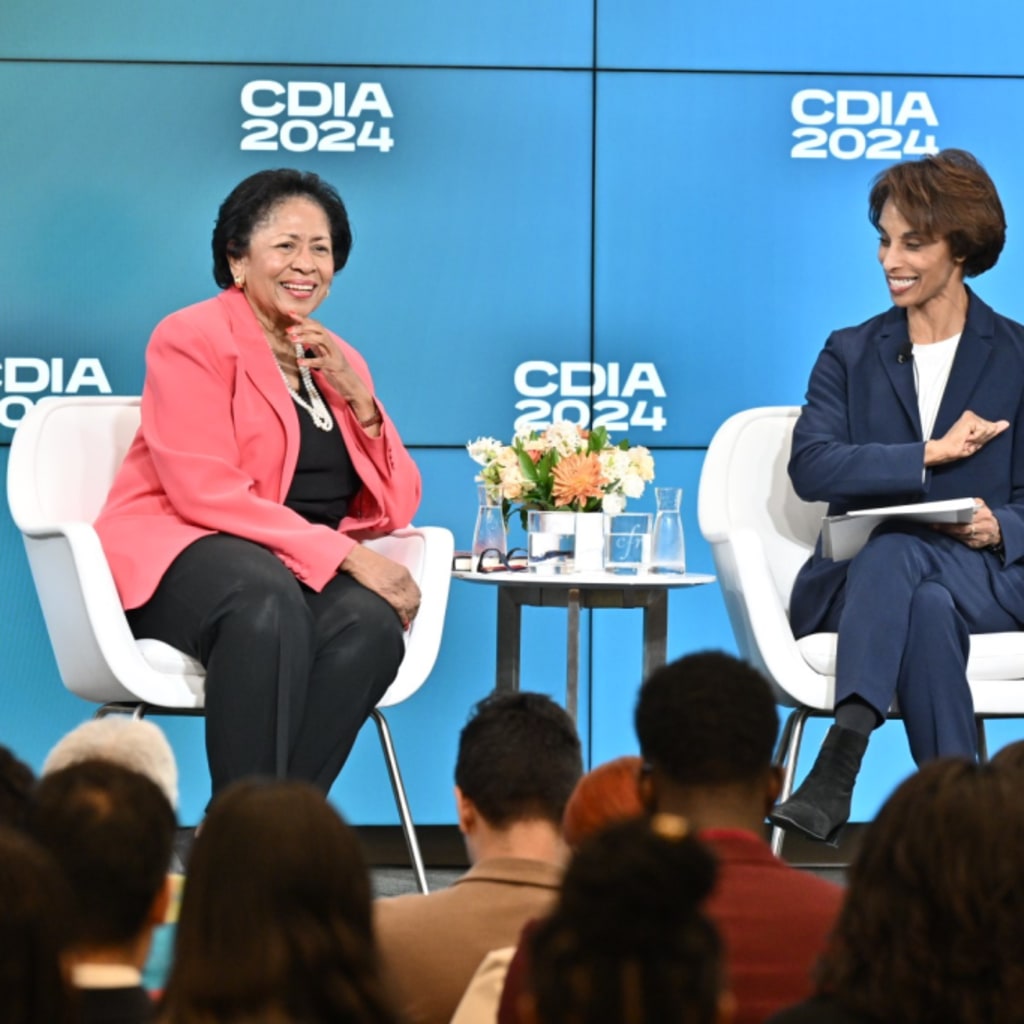Gabrielle Sierra
Director, Podcasting

Gabrielle Sierra is the director of podcasting at the Council on Foreign Relations, overseeing the production of four shows. She is also the host of the Webby Award–winning Why It Matters podcast. Prior to her time at CFR, she spent several years as an editor at Facebook, and has written for a number of publications including InStyle, Billboard, and Gothamist. As a 2020 International Career Advancement Program fellow and current co-chair for CFR’s Employee Resource Group on Diversity of Underrepresented Groups in the Workplace, Sierra continues to make diversity, equity, and inclusion initiatives a crucial focus of her work. She has her master’s degree in journalism and is an alumna of Poynter’s Leadership Academy for Women in Media.
